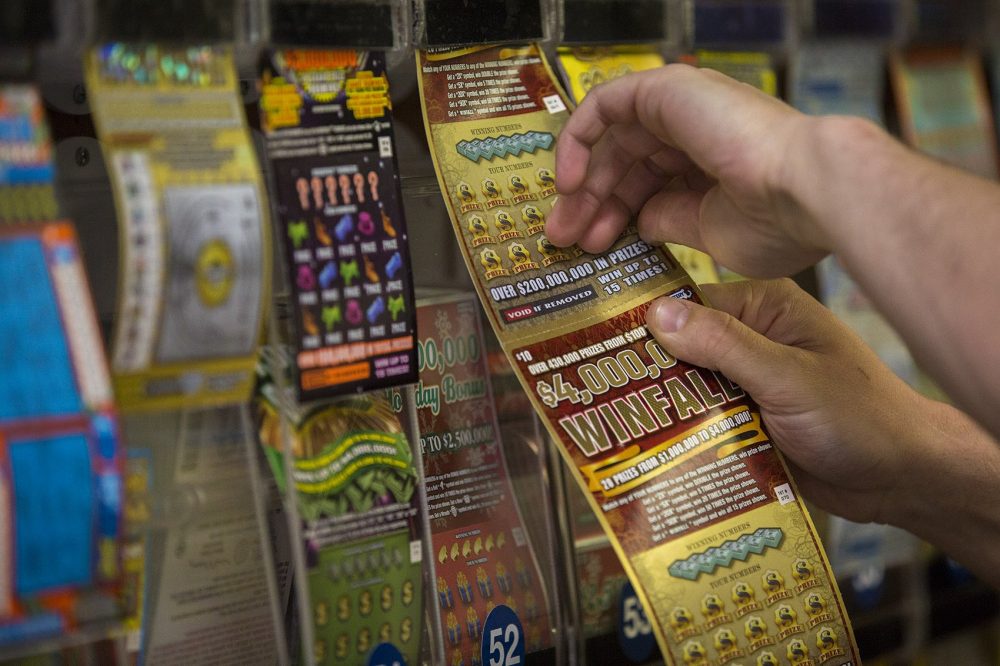The lottery has long been a staple of entertainment and philanthropy, tracing its origins back to ancient civilizations where games of chance were used for various purposes, including civic projects and social gatherings. Over centuries, the lottery has evolved significantly, transitioning from rudimentary practices to sophisticated online platforms. Historically, lotteries emerged in the form of physical draw events, often organized by governments or charitable organizations. In medieval Europe, lotteries were utilized to fund public works and support local communities. The earliest recorded lottery, held in 1446 in the town of Bruges, Belgium, was a means to distribute prize money for charitable purposes. These early lotteries were straightforward: participants would purchase tickets, and winning numbers were drawn from a physical container.

As societies advanced, so did the complexity of lottery systems. By the 18th and 19th centuries, state-sponsored lotteries had become widespread, particularly in the United States and the United Kingdom. The introduction of printed tickets and organized draw events marked a new era of lottery management. These systems were more structured, with formal rules and regulations governing the process. This period also saw the rise of national and regional lotteries, which were used to fund significant public projects such as infrastructure development and educational institutions. The 20th century brought further transformation with technological advancements. The advent of computer technology in the 1970s introduced new methods for generating and drawing lottery numbers, enhancing both security and efficiency. Automated systems minimized human error and allowed for more complex game designs, including the introduction of large-scale multi-state lotteries like Powerball and Mega Millions in the U.S. These lotteries offered enormous jackpots and attracted participants from across the country, amplifying the excitement and stakes involved.
The dawn of the 21st century ushered in the most profound change yet: the rise of online lottery services. The Internet revolutionized the lottery landscape by providing a new platform for ticket sales and game participation. Online lottovip platforms allow players to purchase tickets from the comfort of their homes, expanding accessibility and convenience. These platforms often feature user-friendly interfaces, secure payment methods, and instant ticket confirmation, which cater to a tech-savvy audience seeking an effortless gaming experience. Online lotteries also offer innovative features such as subscription services, where players can opt to purchase tickets for multiple draws in advance. This feature appeals to regular players who prefer to streamline their participation. Additionally, digital lotteries frequently incorporate interactive elements, such as real-time draws and live streaming of events, enhancing the overall experience and engagement. While traditional lotteries remain popular, the shift to online services reflects broader trends in digitalization and convenience. The move to digital platforms has not only expanded the reach of lotteries but has also introduced new ways for people to engage with the game.